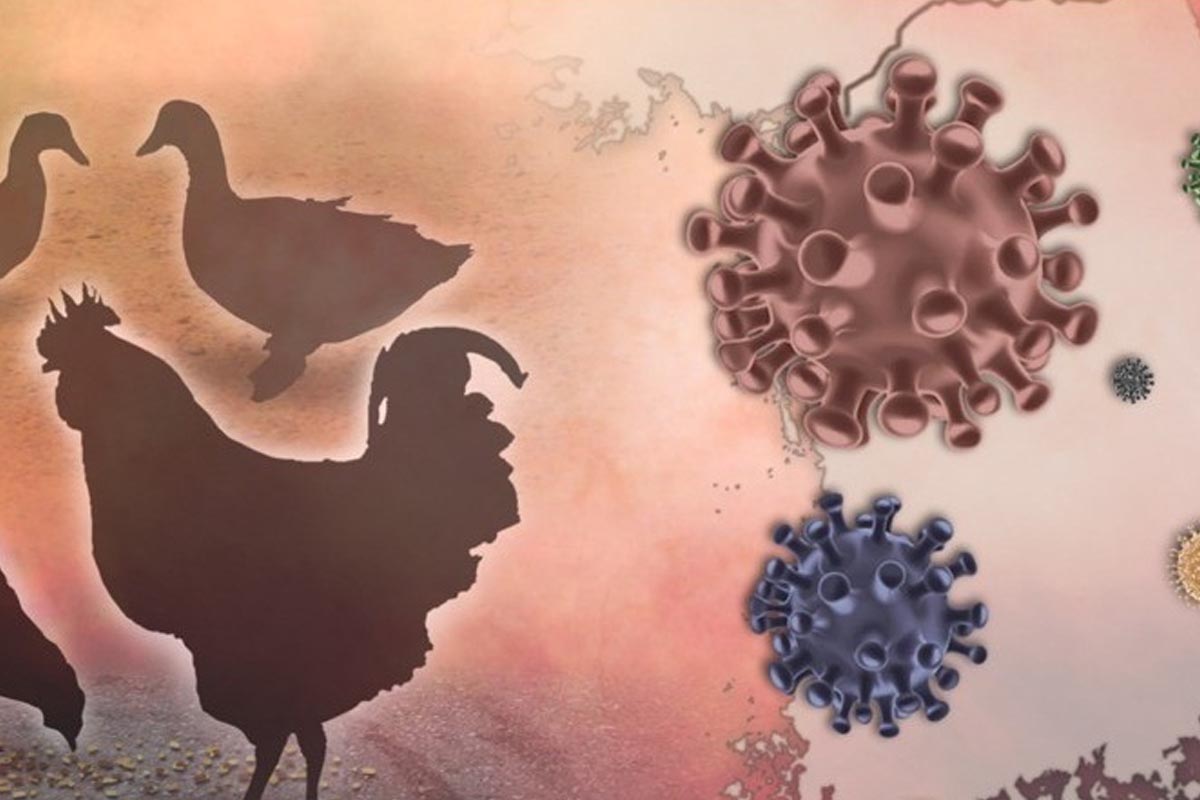A child in Victoria has tested positive for avian influenza A (H5N1) — the first human case of bird flu in Australia, according to health authorities on Wednesday.
Health officials in Victoria reported that the case was detected in a child who acquired the infection in India and returned to Australia in March 2024. The officials also ruled out the possibility of further spread in the community.
Advertisement
“The child experienced a severe infection but is no longer unwell and has made a full recovery,” said Dr Clare Looker, Chief Health Officer, Victoria in a statement.
“There is no evidence of transmission in Victoria and the chance of additional human cases is very low as avian influenza does not easily spread between people,” Dr Looker added.
The report comes amidst a global outbreak of H5N1, including India, that has killed millions of wild birds and thousands of mammals. In 2023, the H5N1 virus killed a record number of birds and also spread to otters, sea lions, foxes, dolphins, and seals, among others. More recently, it affected numerous cattle farms across the US, and fragments of the virus were found in pasteurised milk sold in stores.
A Texas man, in contact with dairy cows, has reportedly acquired the virus.
While the H5N1 virus has so far not caused any human-to-human transmission, the spread of the virus to dairy cattle has raised “enormous concern”, the World Health Organisation said recently.
Data from the global health body shows that globally there have been 873 human cases of infection with influenza A (H5N1) and 458 deaths reported from 21 countries between 2003 and 2023.
H5N1 infection typically causes fever, cough, headache, aching muscles, respiratory problems, conjunctivitis, and gastrointestinal problems. The infection may progress quickly to severe respiratory illness and neurological changes.
